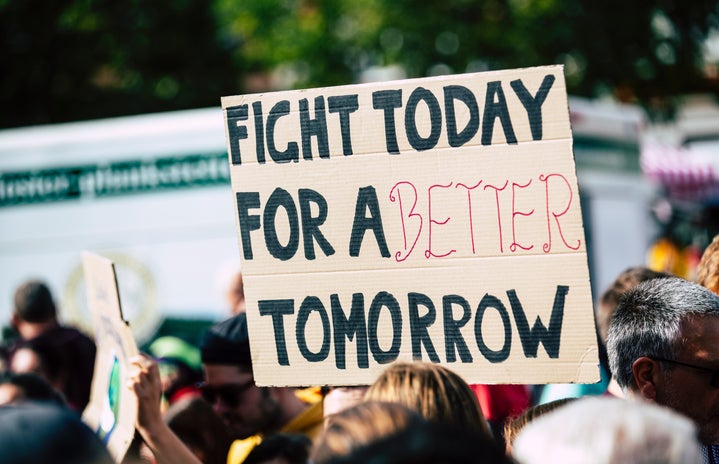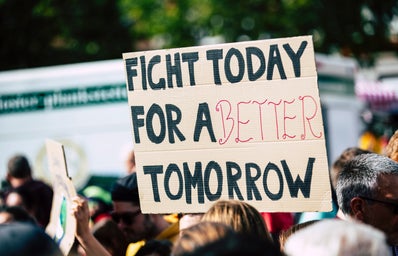After decades of political advocacy movements, performative activism seems to be a new phenomenon, as many attribute its current prevalence in society to the COVID-19 pandemic and enforced quarantines. Because people are isolated from each other, activism on social media has been taken to a new level. Of course, this seems natural, as social media is an effective way to communicate your beliefs to an audience of followers. Far too often though, people find it easy to post about wanting social change, or against social injustices, but take no responsibility in educating themselves in the matter. By examining performative activism for what it is, it’s easy to see how backwards the concept really is: instead of education, which is the usual goal in political movements, performative activism relies on keeping up with one’s personal outward appearances. Going forward, this can only hurt BIPOC and other compromised communities.
In a society that seems to embrace social presentation, it is easy to see how such a phenomenon was able to take root and spread like wildfire. However, there are ways to avoid falling victim to performative activism. Here are a few:
-
Educate yourself outside of social media. Actively seek answers for the questions you have, and use resources like podcasts, books, TedTalks, speeches, and documentaries to broaden your horizons.
-
Call out injustices around you, in real time. Use your voice to speak up for those who can’t. If you hear someone using slurs or speaking down on another group, say something, as long as you feel comfortable.
-
Get involved. With COVID, it is hard to engage, but there are still other ways to connect with your community remotely. Join a youth action group, a political club at your school or university, or even get a group of friends and make your own group to advocate for things you’re all passionate about!
Although Gen Z seems to be muddled with bouts of performative activism, there are still ways to rise above and contribute to actual change. Instead of taking the easy way out and simply reposting something onto your Instagram story, remember that the statistics and numbers in those posts are people. Take it upon yourself to go further and research the topic you’re posting about. Change is slow, but it all starts with one person. If we all do better, we can all be better for those who really need it.



